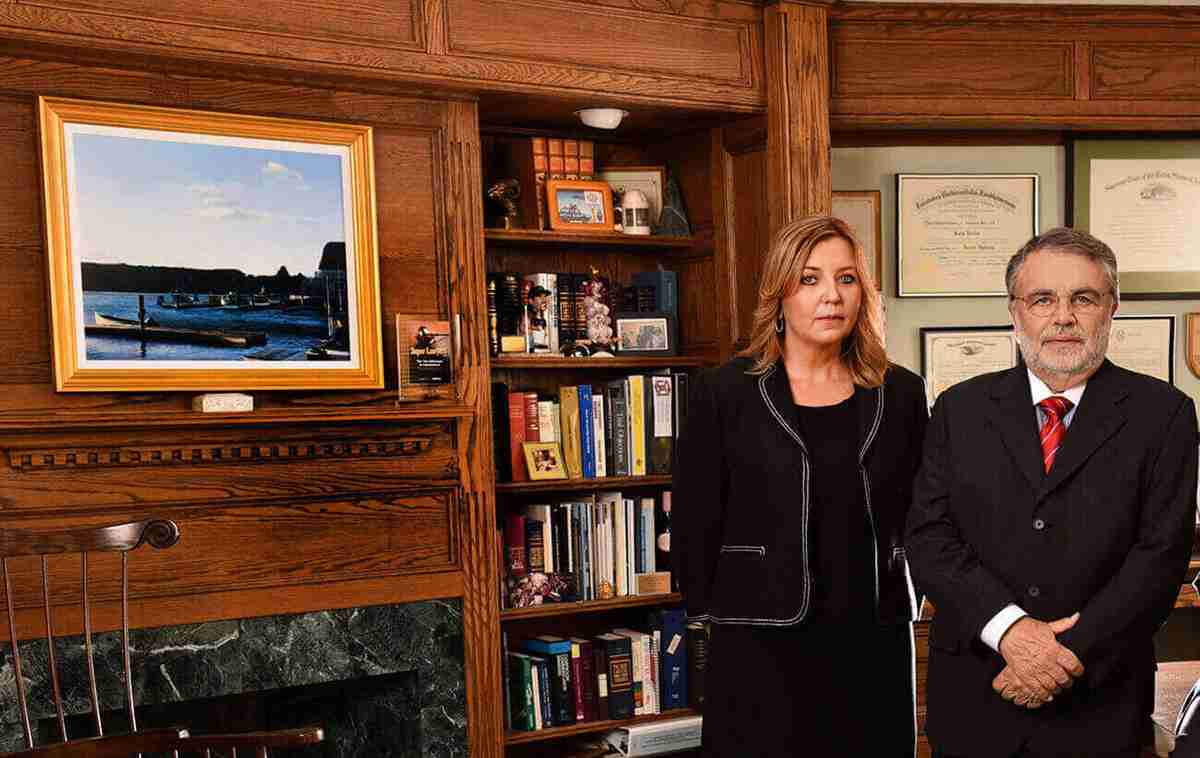What Is A Connecticut Divorce Complaint, And What Happens After Filing?
Connecticut divorce law can be complicated, and, in many cases, the parties involved can be unsure of what to expect. What follows is a brief overview of a Connecticut divorce complaint and what happens after it’s filed.
The Divorce Complaint
Connecticut is a no-fault divorce state. This means that an individual filing a divorce complaint need not prove grounds for divorce. Rather, the complaint must simply state that the marriage is “irretrievably broken,” in order for a divorce to ultimately be granted. However, a judge may consider fault in making a determination about financial orders, such as alimony and property division.
Post-filing
After filing a complaint for divorce, the complaint must then be legally served on the other party (i.e. the other spouse). The legal rules for service of process are provided by the Connecticut Rules of Civil Procedure.
Upon filing and service of a divorce complaint, the Connecticut Superior Court will enter an “automatic” order. The purpose of an “automatic” order is to prevent either spouse from taking unilateral action regarding money and property while the divorce case is pending. These orders are especially useful when large amounts of money or property are involved.
In general, these “automatic” orders prohibit spouses from taking the following unilateral actions:
- Locking a spouse out of the marital home
- Relocating the children from one city to another
- Withdrawing large amounts of money from a bank account
- Selling or transferring real property
- Incurring major expenses, loans or debts
Resolution Of Divorce Proceedings
Final agreements and court orders related to alimony and marital property distribution are typically incorporated into a final divorce decree which is signed by a judge. Decisions regarding custody usually become part of a parenting plan. A divorce decree is a legally enforceable order, and failing to abide by it can result in a finding of contempt by a judge.
Contact A Stamford, Connecticut, Divorce Lawyer Today To Discuss Your Case
Divorce can be a very complicated process; however, it does not necessarily need to be an unpleasant one. Our experienced divorce lawyers are ready and willing to discuss the facts and circumstances of your individual case with you and assist you with streamlining your divorce. You should feel free to contact the Stamford, Connecticut, lawyers at the LAW OFFICES OF PIAZZA & SIMMONS, LLC, at 203-936-6772, or contact us online.

